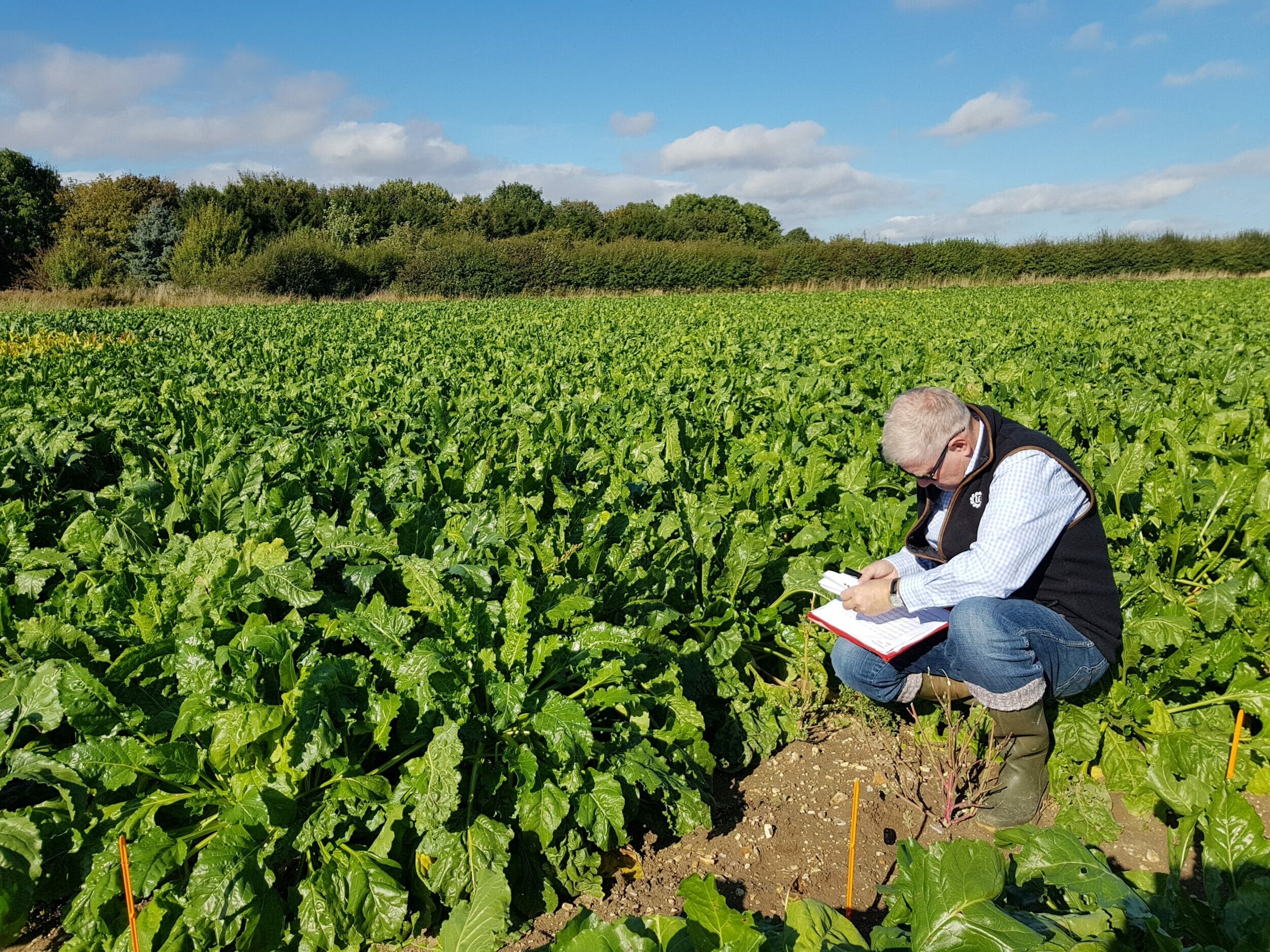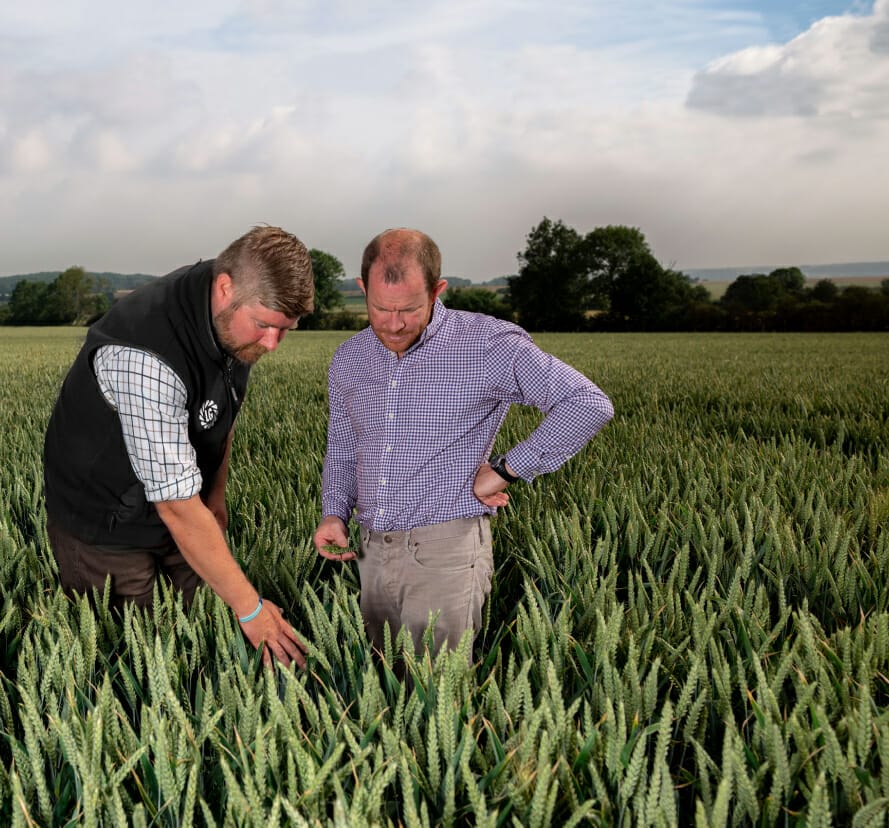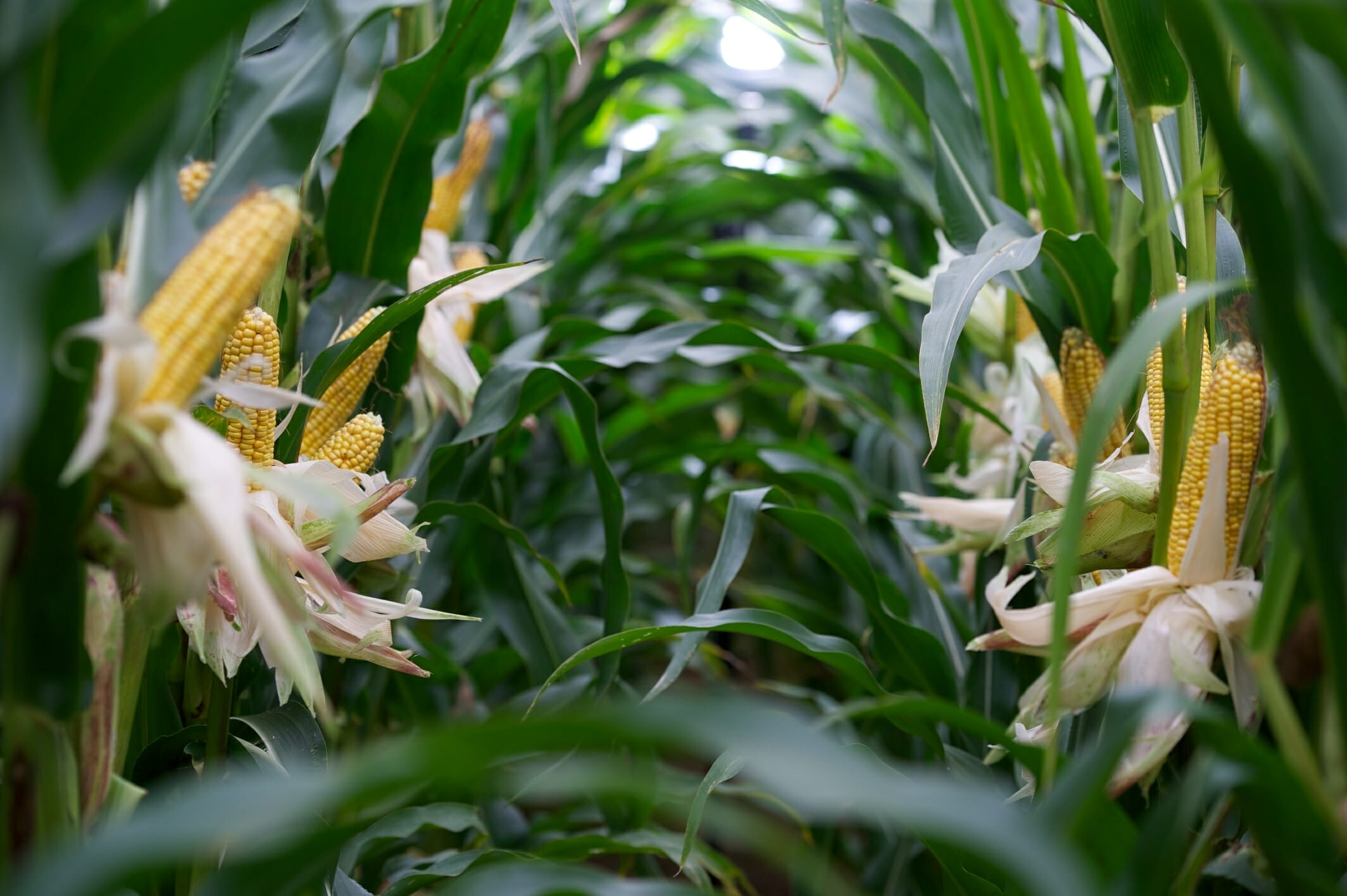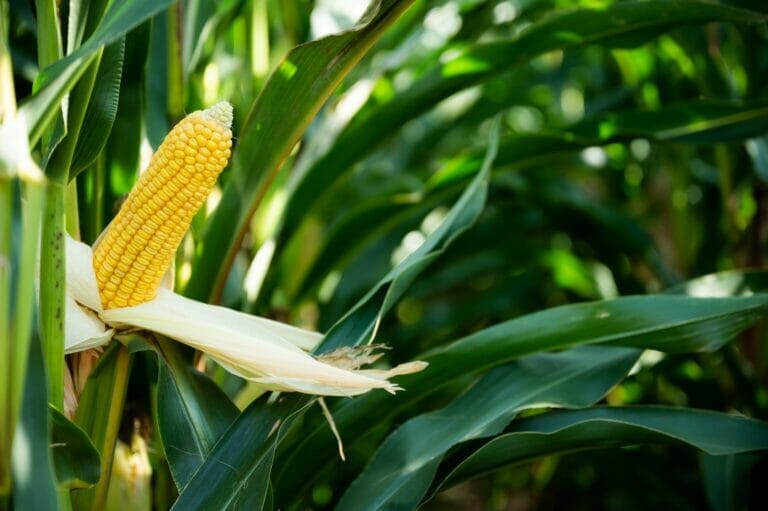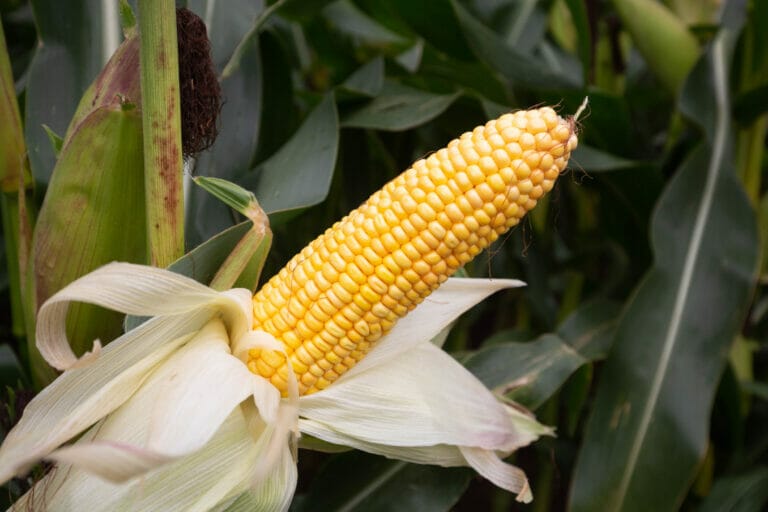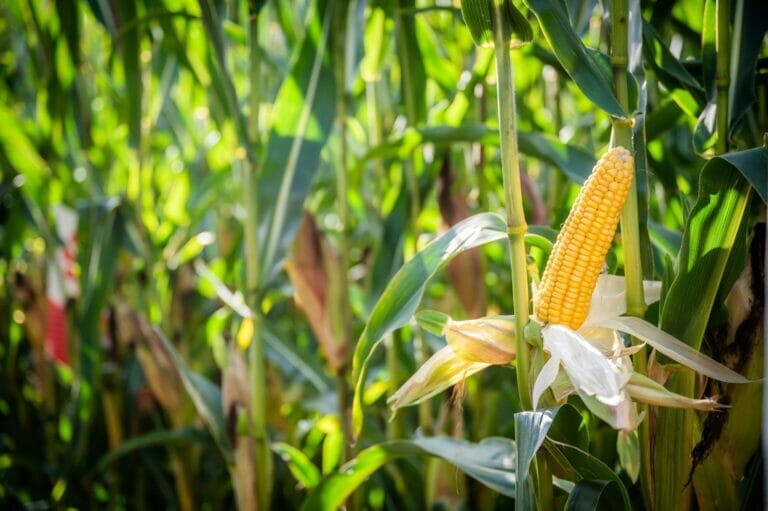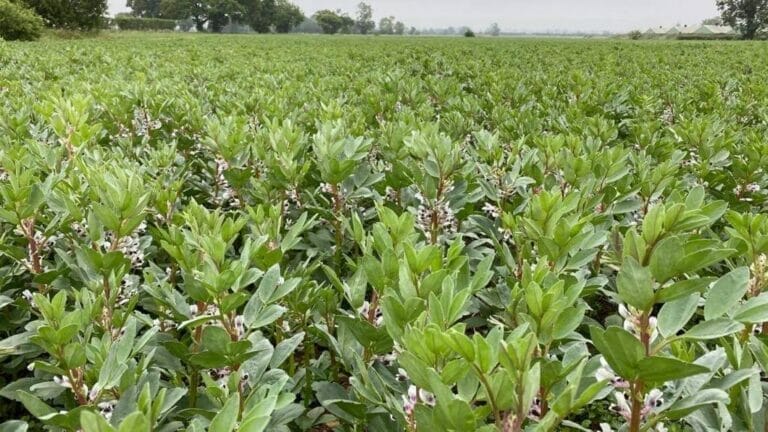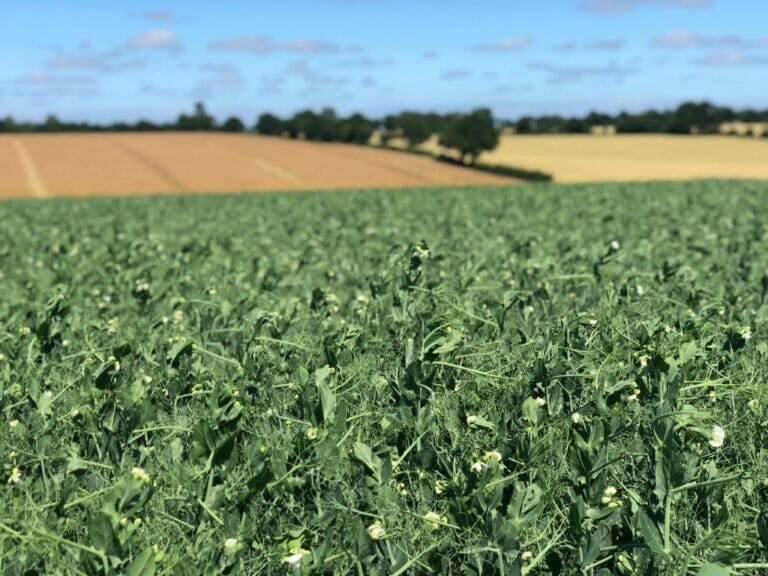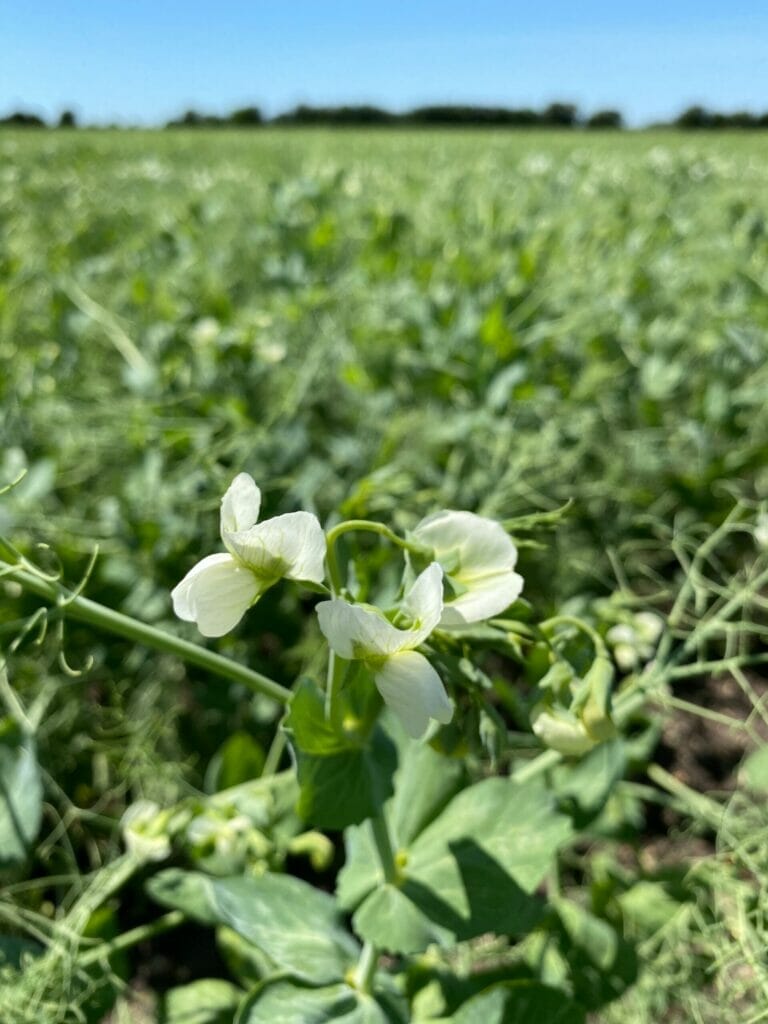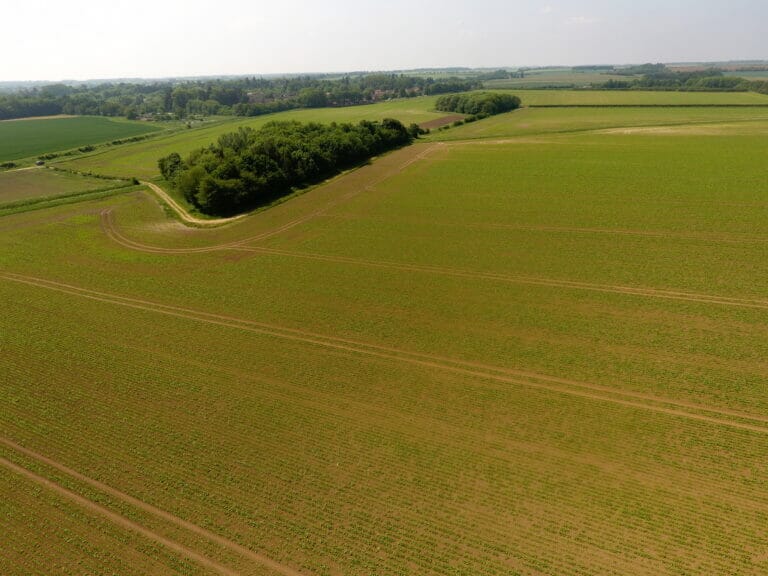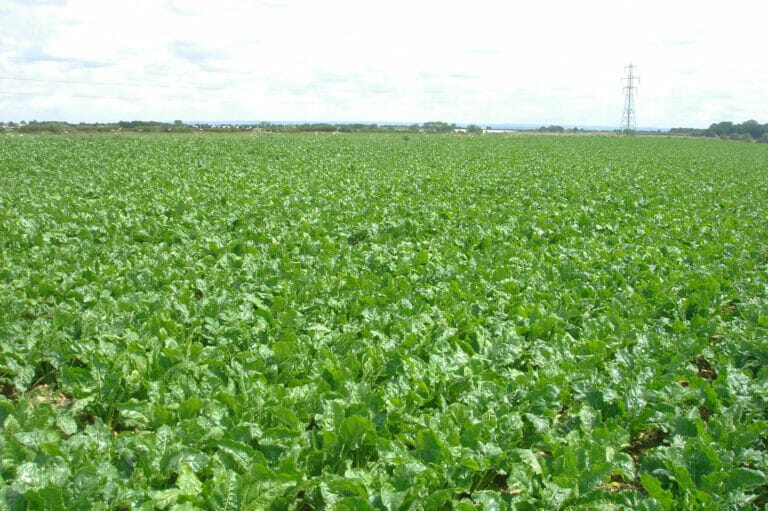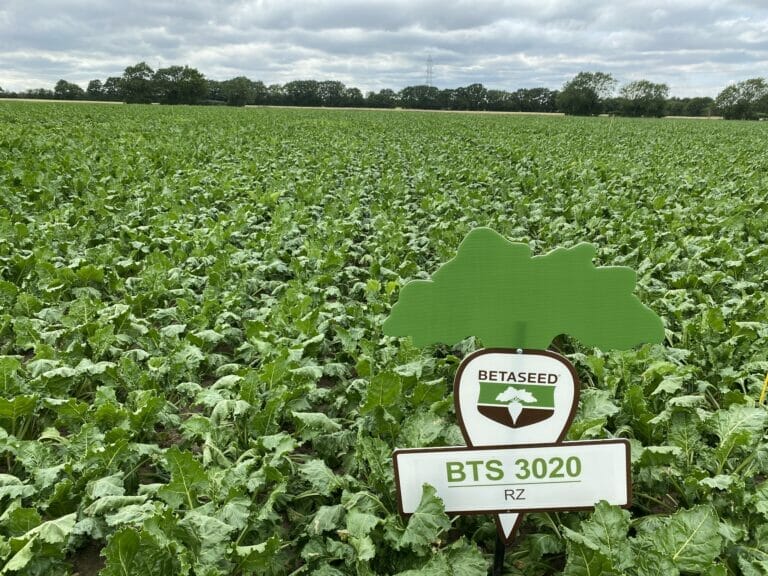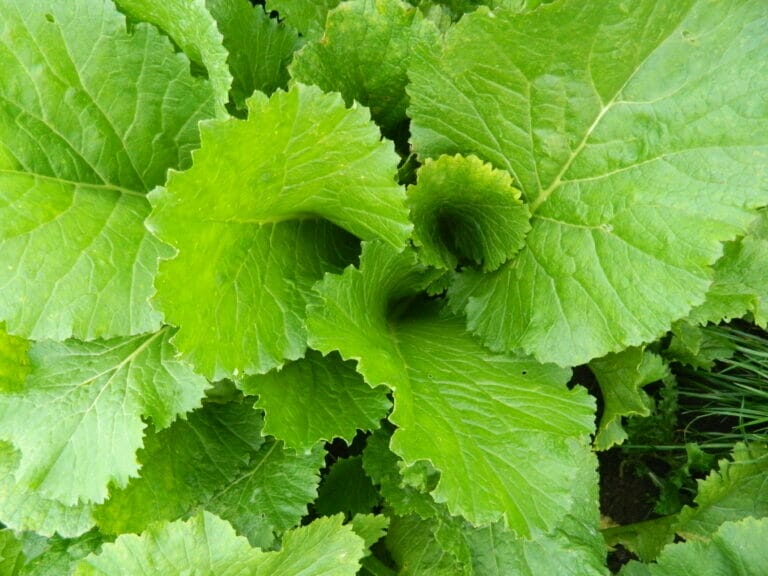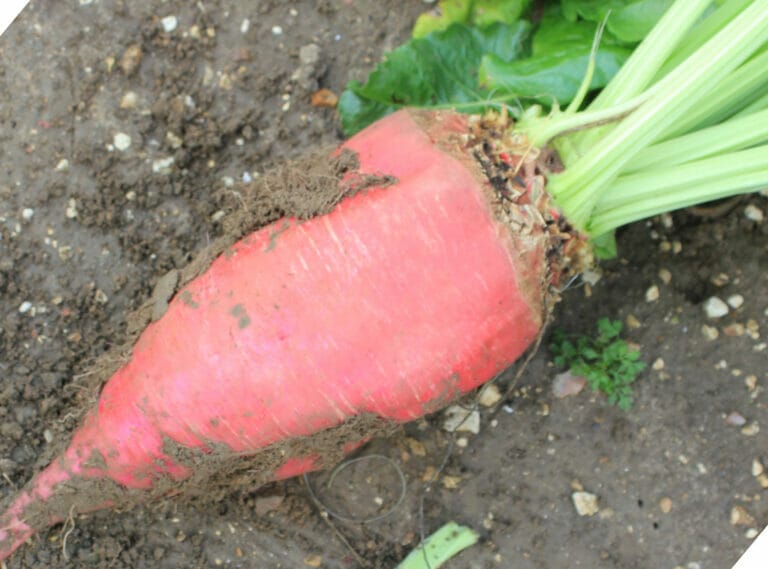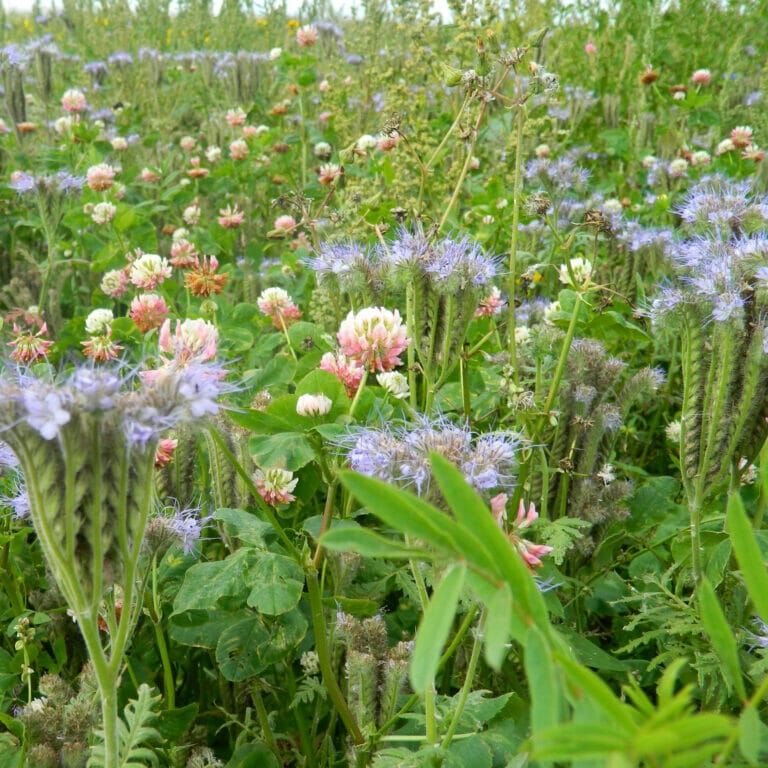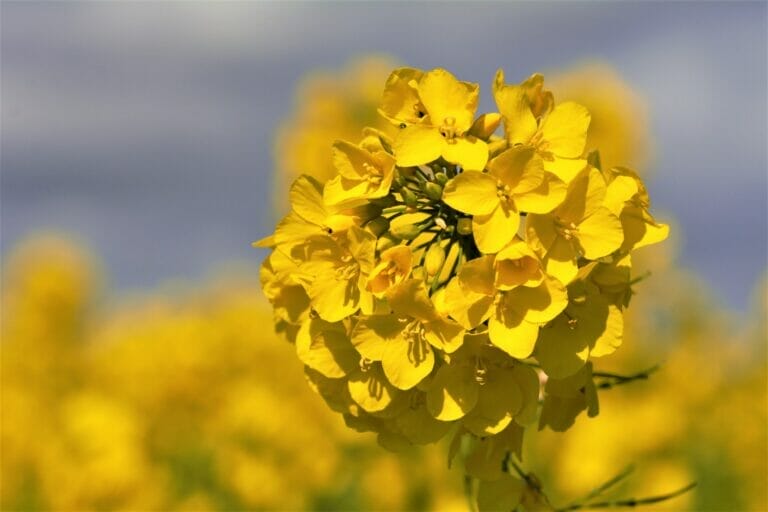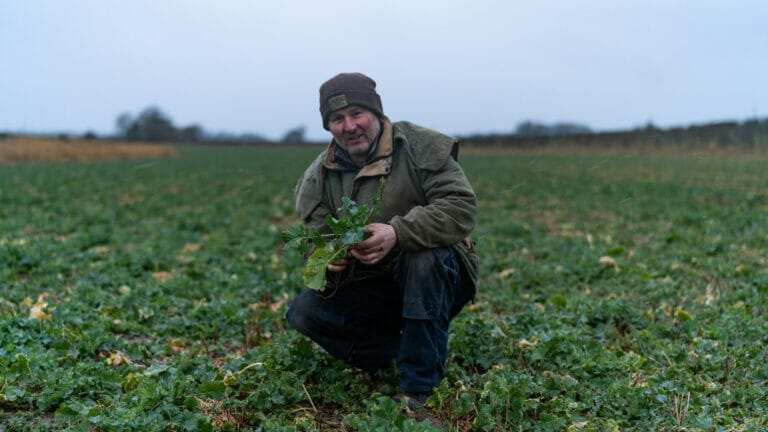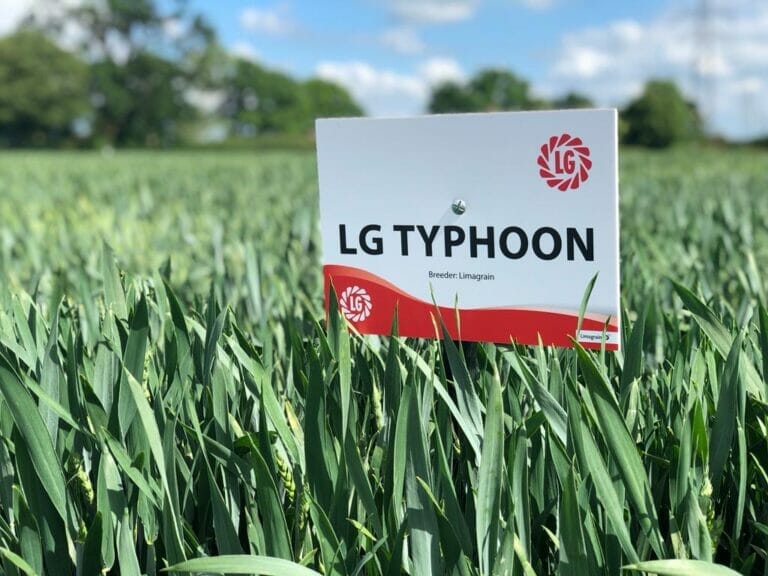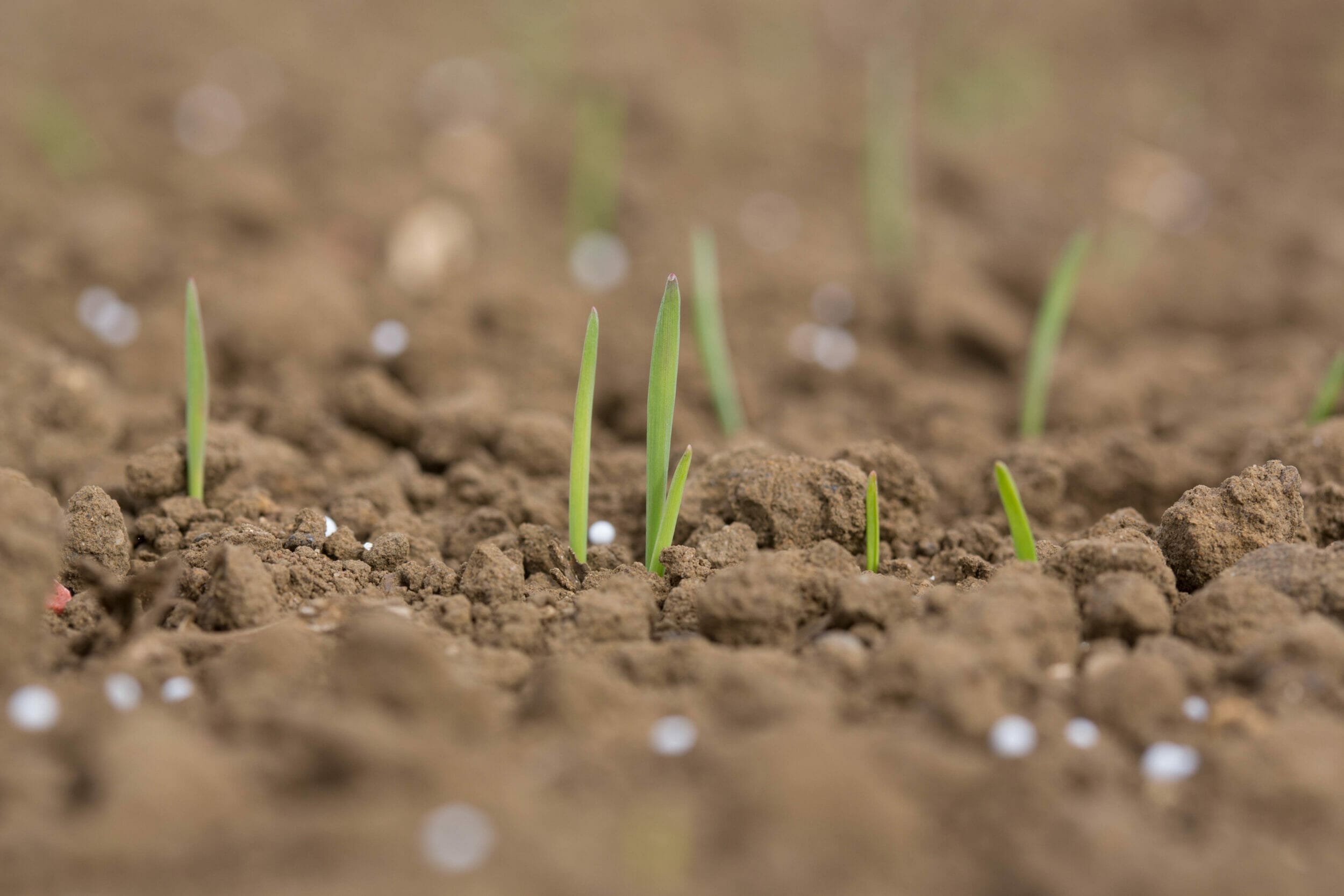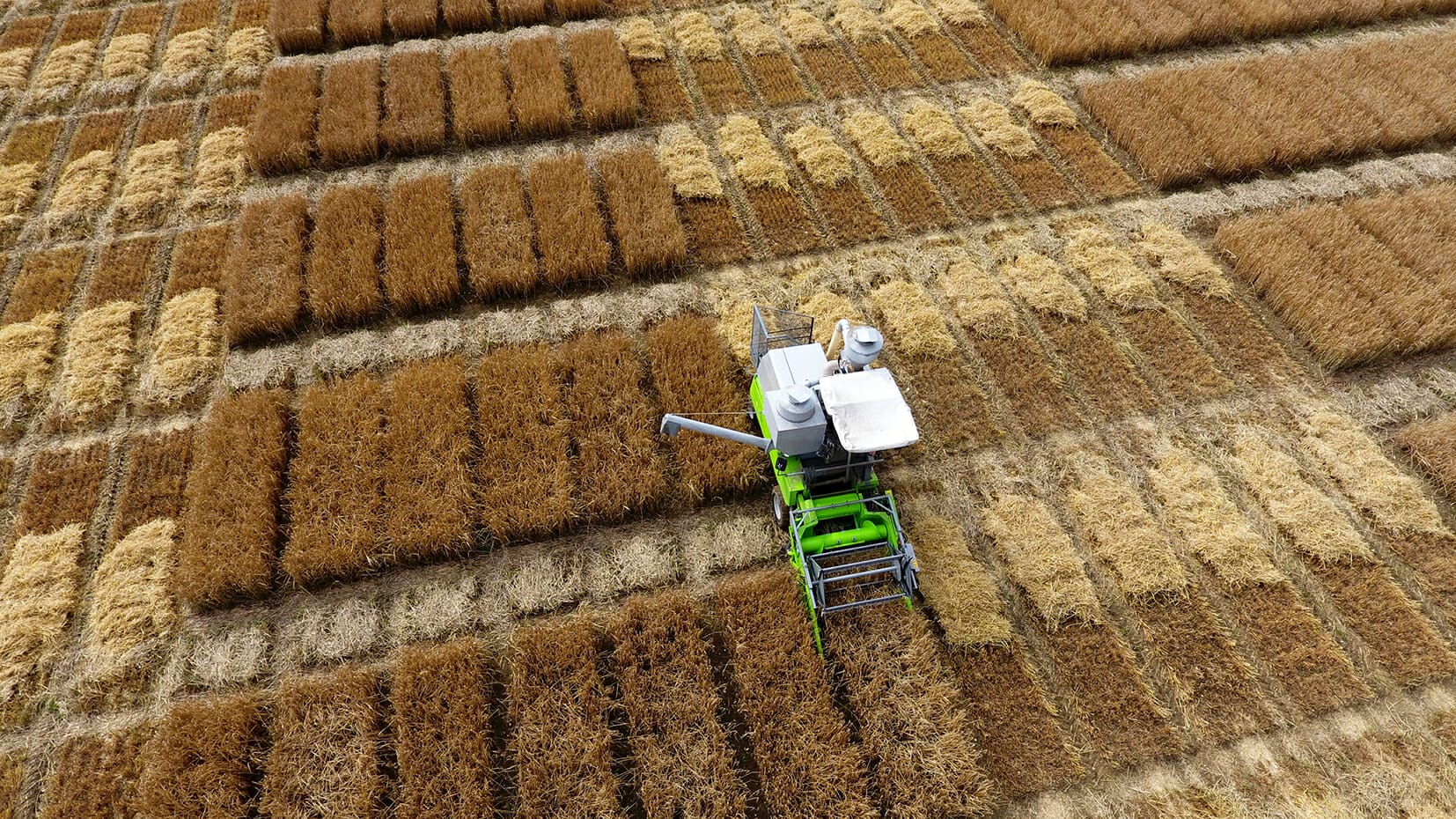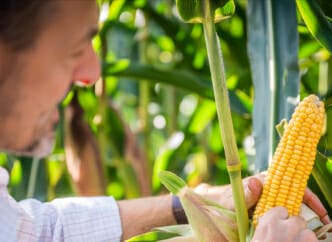Plant breeders Limagrain UK have produced a new Growing Oilseed Rape Guide for the post neo nicotinoid ban era which takes a step by step approach looking at various ways in which growers can adjust their agronomy or variety choice to mitigate some of the challenges ahead.
“As breeders Limagrain recognises the challenges that the UK’s favourite break crop faces without the seed treatments we have come to rely on. Good crops will still be grown but we will have to rethink some of our husbandry techniques and pay even closer attention to varietal choice if we are to succeed, “says Les Daubney, oilseeds product manager for Limagrain.
“Cultivations will become more important than ever when establishing OSR not only to conserve moisture but to encourage the crop out of the ground as quickly as possible to avoid flea beetle damage, so it may be a good time to review cultivation techniques.”
“Early crops are also more at risk from flea beetle as well as having the potential to be lush and attract aphids so it may be worthwhile reviewing drilling dates balanced against the consequences of later drilling into colder soils.”
Choosing the right variety will be critical to a successful crop emphasises Mr Daubney.
“Not all varieties develop at the same speed nor do hybrids necessarily develop faster than conventional varieties. For example two of our conventional varieties Anastasia and Pendulum are fast developers, more so than many of the hybrids.”
“There are cost implications to consider when deciding on hybrids or conventionals; seed for seed hybrids can be twice as expensive as conventionals. Consider using cheaper, conventional varieties in outlying or challenging areas. Older conventional varieties such as Rascal will fit well in this slot.”
The majority Myzus persicae in the UK are resistant to pyrethroids and this presents one of the biggest challenges to growing oilseed rape, with the loss of the neonicontinoid seed treatments. At present Plenum is approved for a single autumn control option- but this leaves a wide window for later infections.
However varietal resistance has a critical role to play in this battle against TuYV, with the introduction of Amalie, a conventional OSR variety which has single gene resistance to TuYV.
“As far as we can tell it is completely resistant to TuYV. The variety has completed NL trials and will be considered for RL trials in 2014-15 which will be the first year without seed treatments so is a real solution to growers and agronomists in the fight against aphid-borne TuYV,” says Mr Daubney.
This Limagrain guide intends to make the process of selecting the right variety for a particular location in as simple and straightforward as possible, and is centred around a comprehensive table that illustrates the yield comparisons, agronomic characteristics, seed quality and disease resistance of Limagrain’s key winter and spring oilseed rape varieties.
Available free to growers the guides can be ordered as paper copies from Laura Davey on 01472 370151 or downloaded from the group’s website (www.limagrain.co.uk).

